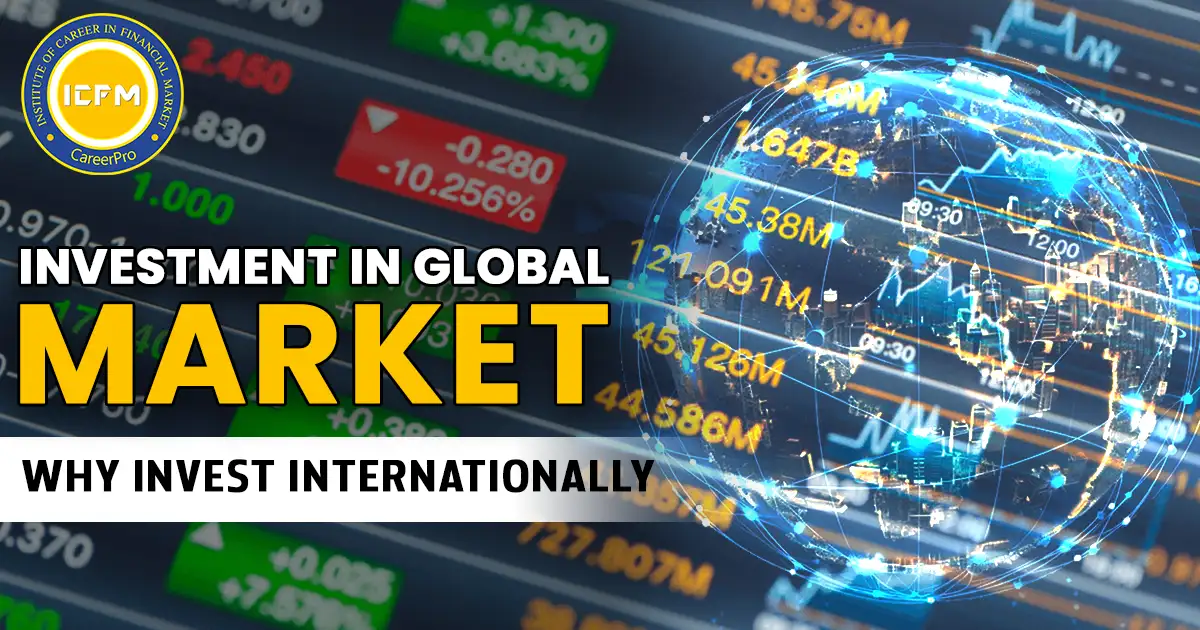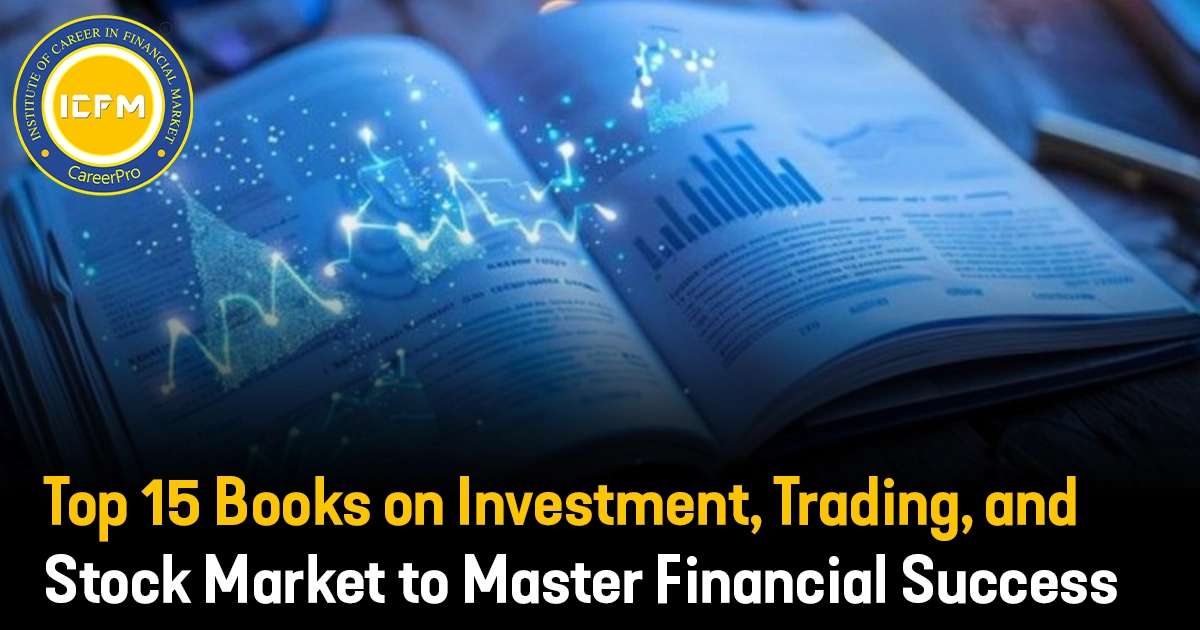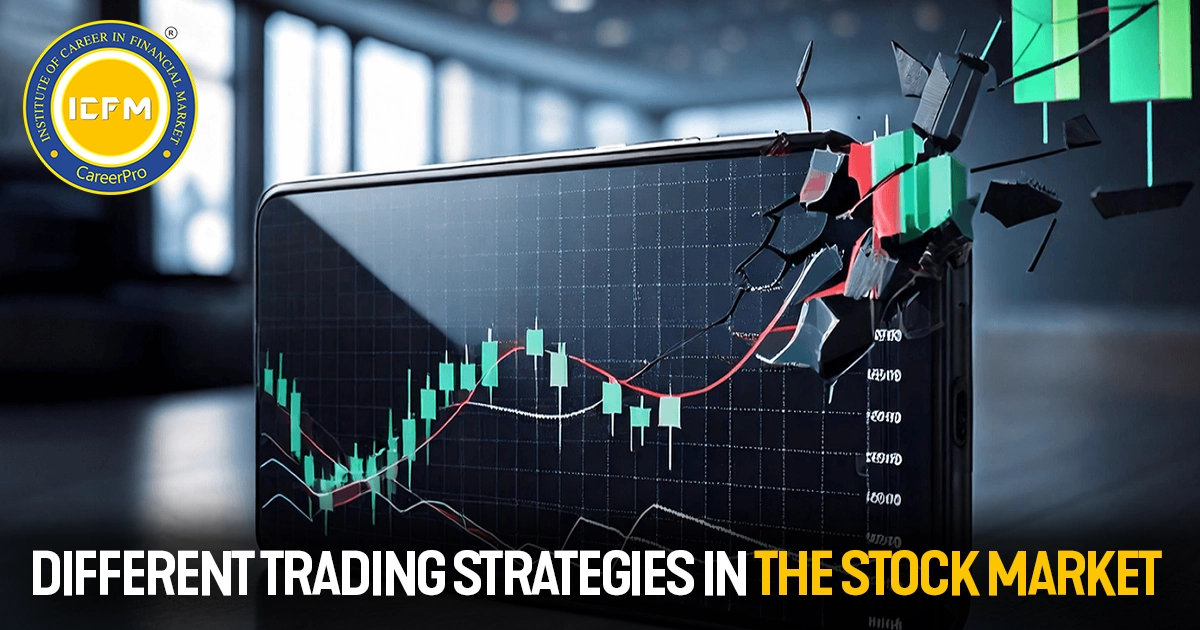Investing in International Markets: A Guide for Savvy Investors
Globalization led to cross country investments becoming a budding
area for portfolio enhancement and accessing new market growth. In this blog,
we will look at the reasons for investing abroad, the risks involved, and the
best approaches for investors seeking opportunities abroad.
Why Invest Internationally?
Global Diversification: Regulation and supervision in the
international capital market have grown vigorously. Investing in foreign
markets can help to reduce the total risk of an investment portfolio. Instead
of placing most of their investments in one economy, it is advisable to share
that exposure with other economies of different currencies.
Risk of Market Growth: This is especially true for emerging
markets where growth is relatively high as compared to developed markets.
Countries such as India, Brazil, Vietnam present developing economies that are
likely to make an investors’ fortunes grow at a rapid pace.
Opportunity to Invest in Global Enterprises: One of the
investments advantages is the willingness to invest outside of the country’s
borders. For example, consider internet e-commerce companies like Alibaba or
start-ups from the alternative energy industry.
Exchange Rate Movement: High and alternating rates can degrade
income returns whereas low currency fluctuations can yield positive overall
earnings. For instance, if the currency of the country in which the investment
is located appreciates against your home currency, there is reason to expect
greater returns even when the value of the asset remains the same.
Challenges to Consider
Political Risks: Political stability may vary by country. Changes
in government, laws or policies especially those geared towards foreign
investors also affect the market and safety of investments.
Economic Factors: Certain Global factors such as inflation,
unemployment, GDP growth and others affect International investment. It is
important to analyze these while looking at the countries you intend to invest
in.
Currency Risk: Exchange rate variation may provide upside but may
also provide downside risk. This is important to states the potential for risk
involving currency whenever investing into foreign markets.
Regulatory Differences: Within each nation, legal and regulatory
requirements governing the business entities and their respective investments
vary. Trying to do this on your own is possible but may require hiring local
people.
Strategies for International Investing
Research and Analysis: Prior to making any investments, perform
due diligence on economic statistics, politics, and market conditions. Various
websites like the World Bank, the IMF, and even some local financial news are
helpful in this respect.
Use ETFs and Mutual Funds: Such Exchanged Traded Funds and Mutual
Funds which are concentrated on foreign investments offer instant
diversification. Be on the lookout for such funds that span particular areas or
industries of your interest.
Think About International Holdings: Put your money in such corporations
which are present across the globe and earn substantial income from the
overseas markets. These organizations are often less risky, in terms of all
encompassing growth, than competitive smaller scale organizations.
Be Aware About Geopolitical Issues: Keep an eye on international
news and other geopolitical developments, as they can have an impact on the
stock market. Knowledge of international relations, trade, and economic
strategies is important to you.
Ask the Professionals for Assistance: If you consider this type of
investment for the first time, you may contact a funding professional who
possesses knowledge of a global market. They help you navigate the processes
and create a scheme considering both your aims and risk-taking ability.
Conclusion
International markets are a worthwhile option that rewards an investor with diversification alongside a high potential for growth. That said, a careful assessment of the international markets is important, as well as creating a plan on how best to exploit the markets. There are benefits associated with international portfolio investment and so even in the midst of challenges and engaging in due diligence, the returns of the global financial markets can be enjoyed.









